Telecentric lenses are a category of industrial lenses and are widely used in machine vision inspection. The cost of telecentric lenses is higher than that of industrial lenses, but why choose telecentric lenses? Pomeas has the answer for you.

In machine vision inspection or measurement projects, such as the detection of cylinders, bearings, gears, and other cylindrical objects, the shadow of parallax often leads to serious deviations in detection accuracy.
The telecentric lens is different from the traditional lens with the concept of field of view. All the main rays entering the telecentric lens are parallel to the main optical axis, and the telecentric lens has its own fixed object distance, within the range of the object distance. Has a larger depth of field. Because the incident is parallel to the optical axis, even if the object distance changes within the depth of field, there will be no change in magnification, and there is no optical parallax within the entire depth of field.
In the visual inspection project, it is often necessary to select multiple stations to cooperate in the traditional way to complete the inspection task because of the large inspection requirements or the special shape of the workpiece to be inspected. For example, workpieces with large thickness or curved surface structures. They all have uneven profile features, outer diameter steps, etc. These features are not on the same detection plane in visual inspection. Generally, when taking pictures with industrial lenses, the depth of field is relatively small and the metal surface is more reflective. It is often impossible to use a set of optical systems to detect more features at the same time. Using the telecentric lens solution can avoid multi-station settings, simplify the cooperation between stations, save hardware expenses, and save redundant software development, which can solve these problems at one time.
The characteristics of the telecentric lens itself can solve many inherent problems of traditional industrial lenses in the actual application process. Pomeas has various types of industrial lenses, such as: 4K zoom industrial lenses, motorized zoom lenses, FA lenses, bi-telecentric lenses, etc., which can meet different inspection needs.
Product recommendation
TECHNICAL SOLUTION
MORE+You may also be interested in the following information
FREE CONSULTING SERVICE
Let’s help you to find the right solution for your project!
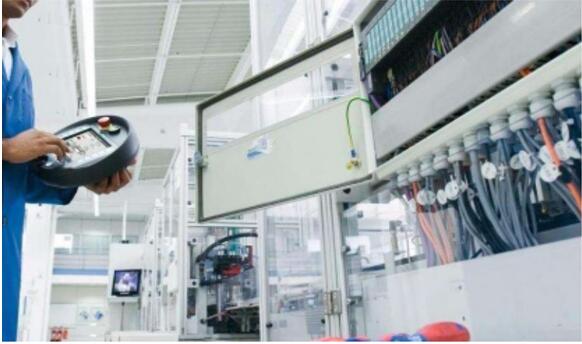

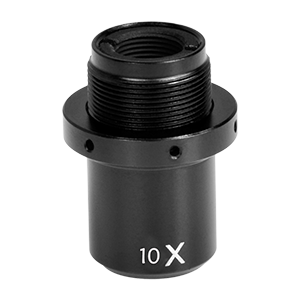
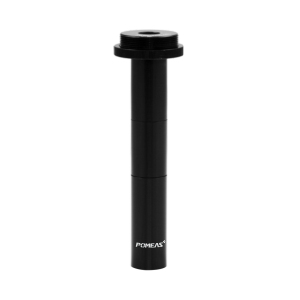
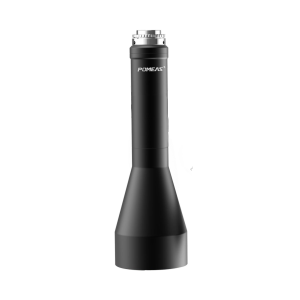
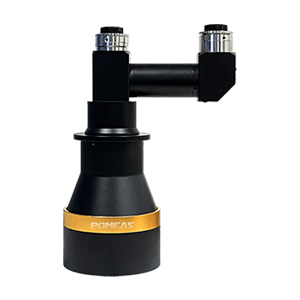
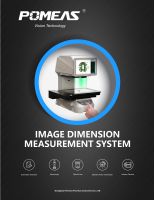
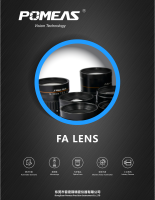

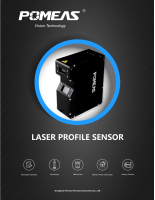
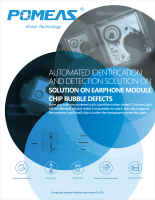
 ASK POMEAS
ASK POMEAS  PRICE INQUIRY
PRICE INQUIRY  REQUEST DEMO/TEST
REQUEST DEMO/TEST  FREE TRIAL UNIT
FREE TRIAL UNIT  ACCURATE SELECTION
ACCURATE SELECTION  ADDRESS
ADDRESS Tel:+ 86-0769-2266 0867
Tel:+ 86-0769-2266 0867 Fax:+ 86-0769-2266 0867
Fax:+ 86-0769-2266 0867 E-mail:marketing@pomeas.com
E-mail:marketing@pomeas.com
